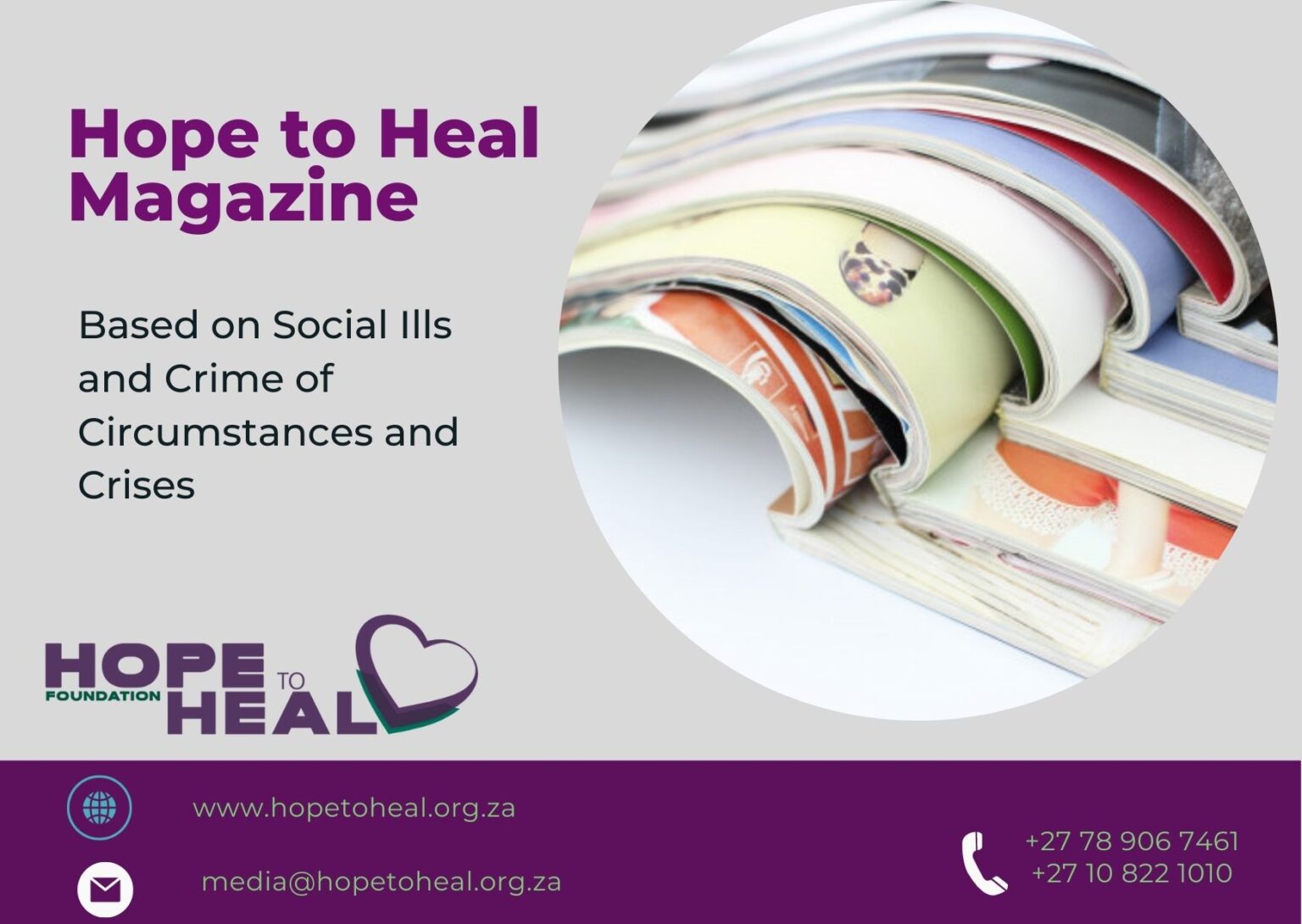

I’ll show them all a great amount of respect. “I don’t really trust most of the bishops, to be honest with you. Instead, priests in the study said they predominantly see the prelates as social climbers, careerists and administrators who barely know priests in their diocese by name. Of the 10,000 diocesan and religious priests surveyed, just 24% said they had confidence in U.S. “Most priests agree with the church’s response to the abuse crisis, but also fear that their bishops wouldn’t have their backs if they were falsely accused,” said Vaidyanathan, one of the study’s authors. “There’s this sense … that the bishops are against a priest who’s been accused, rather than doing what the bishop must do but still supporting the priest,” said one of the 100 priests that researchers interviewed in-depth. They feel bishops would not support a priest in the period necessary to prove his innocence.

The document reveals that 40% of the priests who responded said they see the zero-tolerance policy as “too harsh” or “harsher than necessary,” adding that it’s too easy to lodge false claims of abuse against them. He appears to be a busy CEO and religious functionary.”

“Indeed, many priests feel that the policies introduced since the Dallas Charter have depersonalized their relationship with their bishops they see bishops more as CEOs, bureaucrats, and legalistic guardians of diocesan finances than as fathers and brothers,” the study points out and quotes a diocesan priest saying: “Our archbishop is a remote figure.
#Hopefully misuse how to#
Conference of Catholic Bishops.Ĭommonly referred to as the Dallas Charter, it sets in place policy about how to proceed when allegations of sexual abuse of children by clergy or church personnel come to light. The study, unveiled at The Catholic University of America in Washington, documents the environment between priests and their bishops in light of the “Charter for the Protection of Children and Young People” instituted in 2002 by the U.S. Were that to happen, they feel they would face a “de facto policy” of guilty until proven innocent. The study “Well-being, Trust and Policy in a Time of Crisis” by The Catholic Project, written by Brandon Vaidyanathan, Christopher Jacobi and Chelsea Rae Kelly, of The Catholic University of America, paints a portrait of a majority of priests who feel abandoned by the men they are supposed to trust at the helm of their dioceses.Īnd while the study says priests overwhelmingly support measures to combat sex abuse and enhance child safety, the majority, 82%, also said they regularly fear being falsely accused. 19 details clerics’ “crisis of trust” toward their bishops as well as fear that if they were falsely accused of abuse, prelates would immediately throw them “under the bus” and not help them clear their name.


 0 kommentar(er)
0 kommentar(er)
